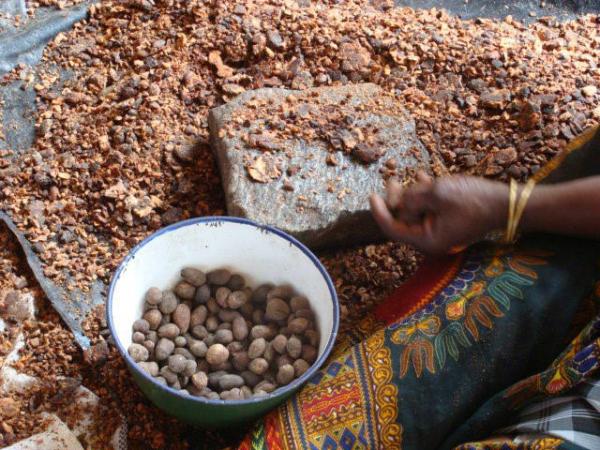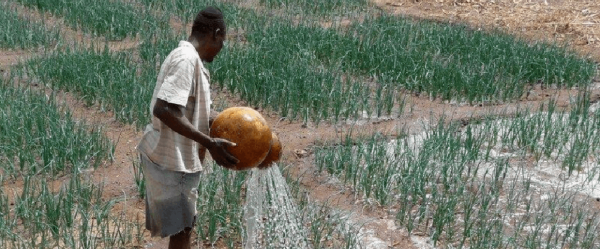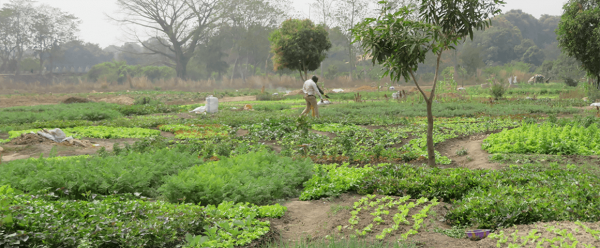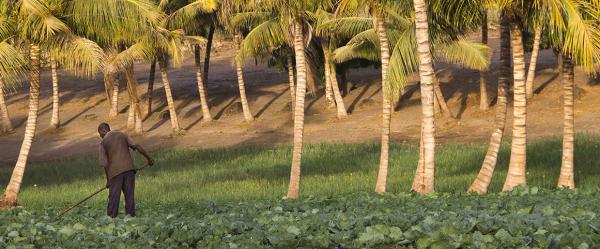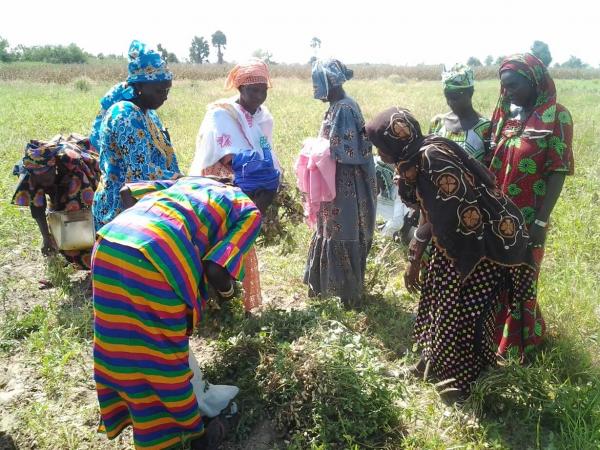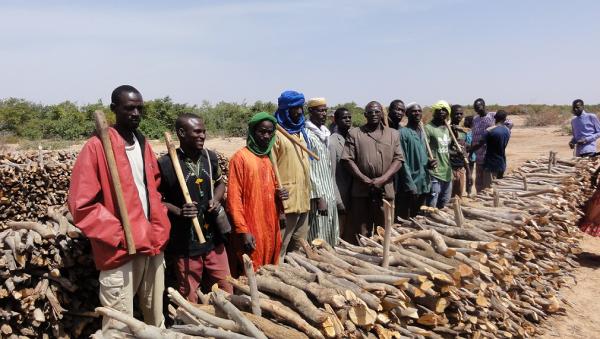Main research areas
CIRAD’s operations in Burkina Faso are structured around priority lines of research. Some are undertaken in connection with four Research and Training Platforms in Partnership (dP) and a Joint International Laboratory (LMI), of which CIRAD is a member, and which have been part of a regional configuration since they were founded. Most of the activities concern 30 action-research projects involving CIRAD. The projects are often linked to the dPs or LMI, for which they are the main technical and financial resources.
- Agroecological transition
Strengthening interactions between agricultural, pastoral and forestry aspects and guaranteeing their sustainability in the savannah zones of the Sudano-Sahelian region. It is necessary to more effectively assist stakeholders and more effectively understand socio-economic determinants, in order to promote the adoption of agroecological practices on a wide scale. - Food and food security
- Plant breeding responding to the complexity of the agroecological systems encountered in the sub-Saharan zone.
- Bioenergy
Energy security and food security in West Africa are closely linked. This particularly includes forest management and sustainable wood supplies to towns, along with the development of a bioenergy sector that meets the requirements of small and medium-sized agrifood processors. - Livestock farming and pastoralism
Transhumant livestock farming and pastoralism remain the predominant forms of animal production, or even income, in Sahelian regions facing economic, social and security crises. Better regulation calls for a clear and shared vision of pastoralism and better knowledge of agropastoral activity, how it is evolving and the social relationships associated with the different types of livestock farming. - Assisting professionals in innovation processes
Capacity-building among players in agricultural innovation systems, i.e., their ability to work together, engage in political and strategic processes, manage innovation processes, experiment and learn, can help to more effectively meet the needs of producers and consumers, thereby significantly improving the living conditions of rural populations. - Irrigation and agricultural use of water resources
Agricultural use of water resources in small-scale irrigation systems, such as lowland schemes, or small-scale private irrigation, relies on a good understanding of hydrological functioning, the scaling-up of innovations to improve irrigation practices and the functionality of the schemes, along with effective organization of producers. - One Health: an integrated animal, plant and ecosystem health approach, in connection with public health
Key figures
-
9
expatriates researchers
-
10
missions per years
-
37
currents projects
-
25
publications per years
-
3
PhD students supervised
-
36
Internships and masters supervised per year
Some flagship projects
The collective construction of innovative technical systems for agroecological intensification will enable smallholders in three Sahel countries to boost their incomes while making their farms more resilient to climate change and protective of natural resources.
Cashew nut shells, rice husks and mango kernels are waste products generated by agrifood SMEs that are also potential bioenergy sources. This is a sustainable energy solution that CIRAD and nine of its partners aim to develop in West Africa.
The aim of IRRINN is to enable the largest number of farmers to benefit from customized “small-scale” irrigation. To that end the project will work on supplementary irrigation and small-scale private irrigation.
The main objective of the AcceSS project is to assist the creation and deployment of innovation support services in the agricultural sector, especially those provided by private or semi-private incubators, research structures and farm advisory operators, in connection with research and training centres.
The purpose of the ACOTAF project is to improve the performance and impacts of integrated agricultural advisory systems intended for family farmers in sub-Saharan Africa, with a view to obtaining the changes wished for by farmers, both men and women, and by decision-makers. Specifically, it involves strengthening knowledge management and the capacities of those involved in providing advice for a renewal of agricultural advisory services that would further the agroecological transitions in this region.
Cooperation and partnerships
On a policy level, the framework of the farming sector is defined by the Rural Development Strategy (SDR), revised up to 2025, and implemented through the Second National Rural Sector Programme (PNSR II), the rural component of the National Economic and Social Development Plan (PNDES). PNSR II, adopted for the 2016-2020 period, represents the sole planning framework for all the tasks undertaken by the departments in charge of the rural sector, including the R&D tasks defined in the third sector policy of the SDR.
Research and training platforms in partnership
How can we work with farmers in West Africa to design innovative, intensive and ecologically-friendly crop-livestock systems?
How can we make use of biological and organic processes and resources to design sustainable practices?
Implementing innovative plant breeding programmes to address the complexity of afro-ecological systems in West Africa.
Main partners
Cooperation framework agreements signed with our main partners, national institutions (CNRST, universities, etc.), or regional institutions (CIRDES, CILSS, 2iE, etc.) govern our partnership strategy in Burkina Faso. They are supplemented by agreements defining the conditions for hosting CIRAD researchers and the terms of collaboration in projects. CIRAD staff members are hosted by INERA (3), CIRDES (3), the 2iE Institute (2), Thomas Sankara University (1) and Nazi Boni University (1); two staff members are directly seconded to CIRAD’s regional office. At the moment, our main partners are:
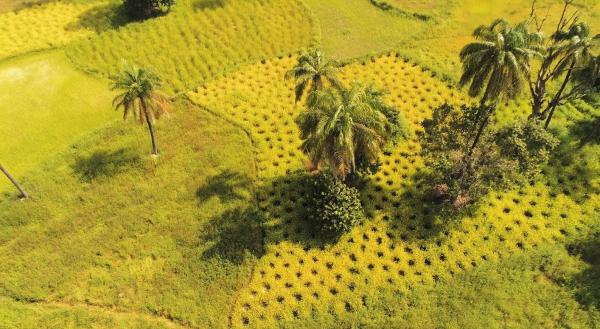
























.jpg)
